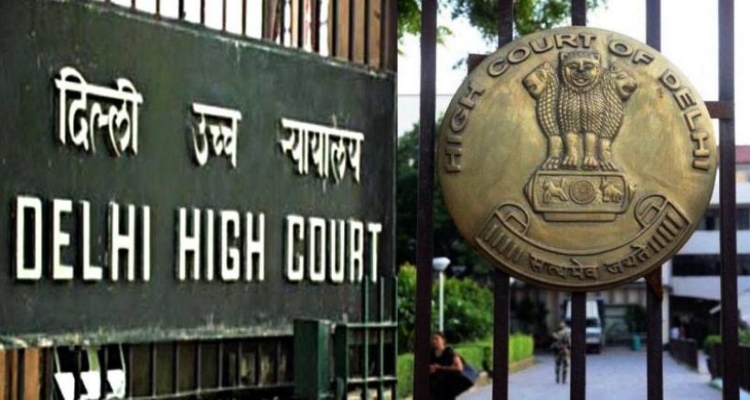
The Delhi High Court has issued a contempt notice against the New Delhi Municipal Council following the termination of a Palika Sahayak employee, despite an existing stay order from the Central Administrative Tribunal.
According to the petitioner’s plea, the employee received a memo on December 21, 2023, citing misconduct, which led to a termination notice on June 14, 2024. After this, the petitioner sought a stay from the CAT, which was granted on July 12, 2024.
However, the NDMC allegedly attempted to sidestep this order by withdrawing the initial termination notice on August 7, 2024, and then proceeded to terminate the employee’s services again on August 9, 2024.
The petitioner initiated contempt proceedings against the NDMC, but the CAT closed these proceedings without action.
Following this, the petitioner approached the Delhi High Court with representation from Counsel Ankit Singh Sinsinwar.
In an order dated October 8, 2024, the High Court raised concerns about the NDMC’s conduct, suggesting that their actions appeared orchestrated to undermine the Tribunal’s authority. Justices C. Harishankar and Sudhir Kumar Jain highlighted their worry regarding the Tribunal’s limited interpretation of the respondents’ actions.
They remarked that the behavior of the NDMC was evident and significant, particularly noting that the termination order from June 14, 2024, effectively ended the petitioner’s employment after just one month.
The petitioner contested this termination order, which the Tribunal stayed on July 12, 2024, meaning that enforcement of the termination could not proceed while the stay was in effect.
The High Court also pointed out that the NDMC seemed to be attempting to evade the Tribunal’s previous ruling by withdrawing the August 7 notice and hastily issuing a new termination order on August 9, claiming the initial notice was stigmatic.
While the Tribunal ruled that the petitioner needed to challenge this new order, the High Court bench expressed serious doubts about the respondents’ intentions and the legitimacy of both termination orders.
The timing of the new order raised suspicions of a coordinated effort to bypass the Tribunal’s authority, compelling the petitioner into additional litigation.
The High Court’s intervention underscores the importance of adhering to judicial rulings and highlights the need for accountability within administrative bodies like the NDMC.
The case serves as a reminder of the judiciary’s role in protecting individual rights against arbitrary actions by authorities, reinforcing the principle that legal orders must be respected and upheld.




